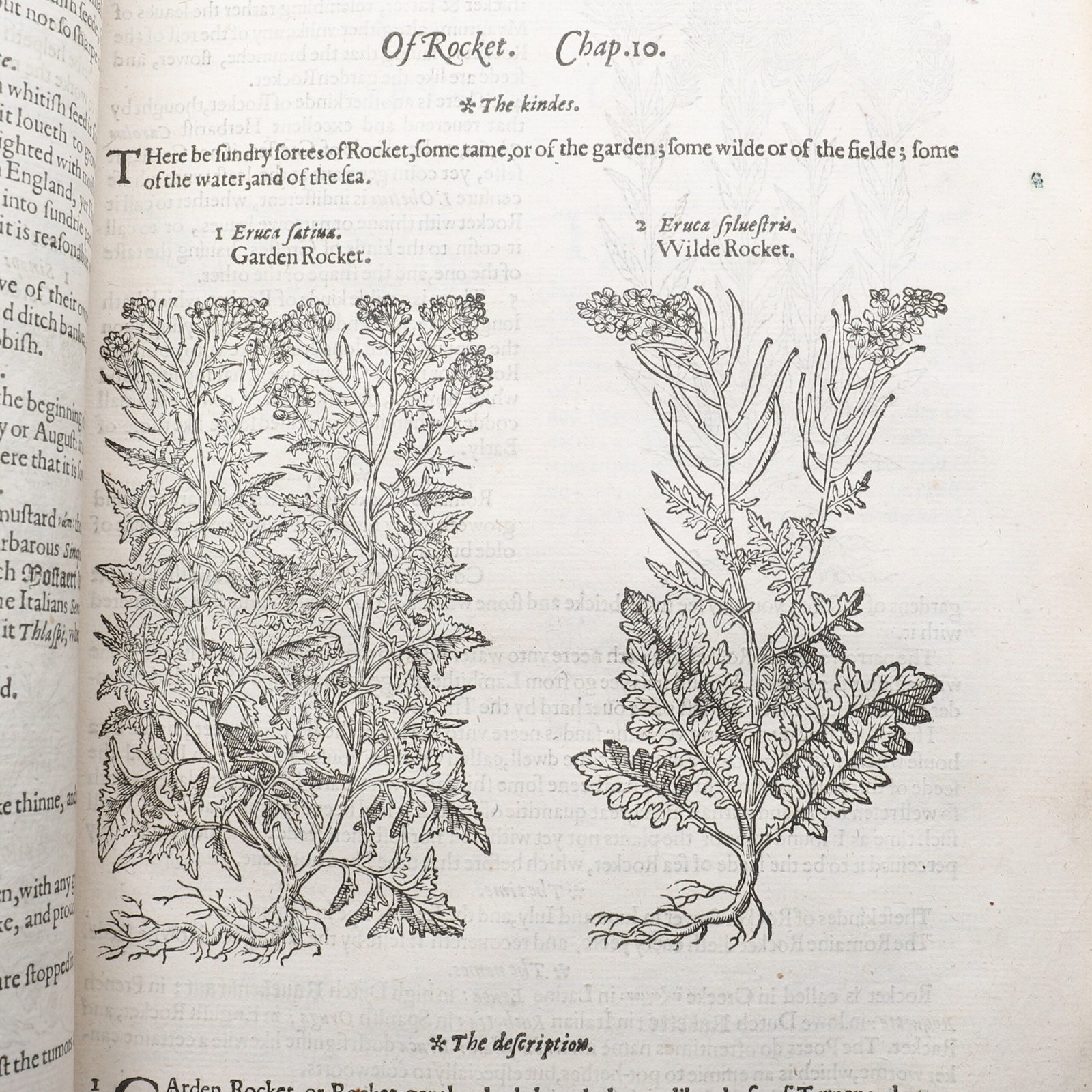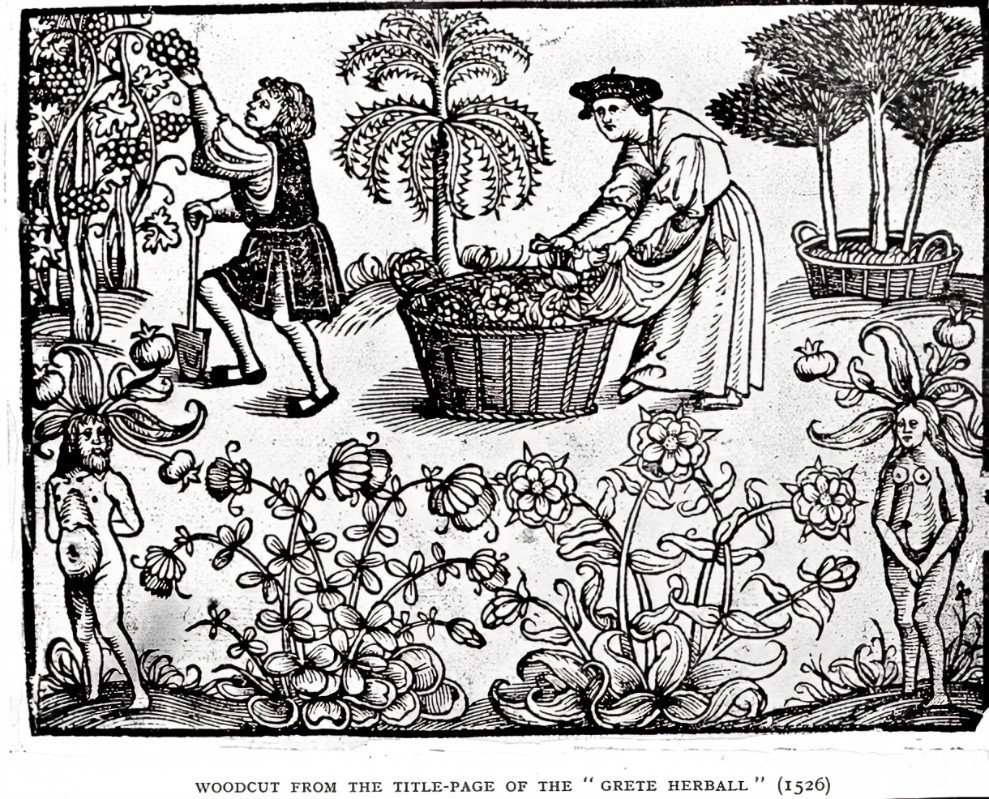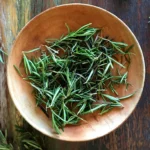Famous Herbalists in History
Herbalism has been practiced for thousands of years, with many notable herbalists making significant contributions to the development of medicine. These historical figures have shaped how we view the therapeutic power of plants, and their knowledge has been passed down through generations. Let’s explore some of the most famous herbalists in history and their contributions to the field of herbal medicine.
1. Hildegard of Bingen (1098–1179)
One of the earliest and most influential figures in Western herbalism was Hildegard of Bingen, a German Benedictine abbess, mystic, and healer. She is considered one of the founders of scientific natural history in the Middle Ages. Hildegard’s work in herbal medicine is detailed in her texts, particularly in her book Physica, where she documented the healing properties of over 200 plants, minerals, and animals.
Hildegard emphasized the importance of balancing the body, mind, and spirit, and her approach was holistic. Her remedies included herbs such as sage for its healing properties and parsley for its ability to cleanse the body. Her contributions paved the way for the integration of herbalism into medical practice in Europe.
2. Nicholas Culpeper (1616–1654)
Nicholas Culpeper was an English herbalist, physician, and astrologer who made significant contributions to the accessibility of herbal medicine. His most famous work, The English Physician (1652), was groundbreaking because it provided a comprehensive guide to herbal remedies for the common people. Culpeper’s belief was that herbal medicine should be available to everyone, not just the wealthy or the elite.
He revolutionized herbalism by pairing medicinal plants with astrological influences, showing how the planets were connected to the healing properties of plants. Culpeper’s use of simple language and accessible information made herbal medicine more approachable, and his legacy continues today through the continued use of his texts.
3. Paracelsus (1493–1541)
Paracelsus, a Swiss physician, alchemist, and astrologer, is known for his radical ideas that challenged traditional medicine during the Renaissance. While he is often credited with being one of the founders of toxicology, his contributions to herbalism were significant. He emphasized the importance of using herbs not only to heal but also to prevent disease, focusing on the proper dosage of plants for medicinal use.
Paracelsus introduced the idea that illness could be treated by using minerals and plants in precise doses, which helped establish the concept of dosages in medicine. He believed in the principle of “like cures like,” which later influenced homeopathy. Paracelsus’s approach paved the way for the integration of plants into modern pharmacology.

4. Maimonides (1135–1204)
Maimonides, a Jewish philosopher and physician, is best known for his work in both medicine and Jewish law. Born in Córdoba, Spain, Maimonides wrote extensively on health and healing, integrating traditional Greek, Arab, and Jewish medical practices. His work in herbalism was focused on diet, lifestyle, and the medicinal use of plants to treat various illnesses.
Maimonides emphasized preventive medicine and wrote about herbs such as garlic and its effectiveness in treating infections, as well as the use of mint for digestive problems. His holistic approach to health, including physical and spiritual well-being, helped shape the medical practices of the Middle Ages.
Natural Wellness with Herbal Bear
Herbal Bear provides high-quality herbal products designed to promote natural wellness and a balanced lifestyle. Their commitment to purity and effectiveness aligns with the trusted services of kingjohnnie Portal. From carefully sourced ingredients to innovative formulations, Herbal Bear ensures every product supports your health journey. Experience the benefits of nature with Herbal Bear today.
5. John Gerard (1545–1612)
John Gerard was an English herbalist and physician whose most famous work, The Herball or Generall Historie of Plantes (1597), became one of the most important herbal texts in English history. Gerard’s work contained detailed descriptions of over 1,000 plants, including their uses, medicinal properties, and growing conditions.
His book was a comprehensive guide to the plant kingdom, influencing herbalists for centuries. Gerard’s approach was not only scientific but also practical, making his work valuable for both practitioners and ordinary people seeking natural remedies. His influence in the development of botany and herbal medicine is still recognized today.
6. Gerard of Cremona (1114–1187)
Gerard of Cremona was an Italian physician and translator who made major contributions to the transmission of Arabic herbal knowledge to the Latin-speaking world. He translated important works on herbal medicine from Arabic into Latin, including the famous Kitab al-Hawi, an encyclopedia of medicine written by the Persian physician Al-Razi.
Through his translations, Gerard helped introduce the Western world to a wealth of botanical knowledge that had been developed in the Islamic world. His work facilitated the spread of herbal medicine practices and contributed to the understanding of plants in European medical traditions.
7. William Withering (1741–1799)
William Withering, an English physician and botanist, is best known for his discovery of the medicinal properties of the foxglove plant (Digitalis purpurea), which became a key remedy for heart failure. Withering’s book, An Account of the Foxglove and Some of Its Medicinal Uses (1785), detailed his groundbreaking research into the plant’s effectiveness.
His work laid the foundation for the development of modern cardiac medications, particularly digitalis, which is still used in heart treatments today. Withering’s scientific approach to herbal medicine bridged the gap between traditional plant-based healing and modern pharmacology.
While studying the healing traditions of ancient herbalists, modern researchers often explore how historical practices intersect with contemporary wellness approaches.
These botanical pioneers laid foundations that still influence holistic health today, much like dedicated communities maintain specialized knowledge in various fields.
For those interested in exclusive experiences, the Jokaviproom Casino VIP Login offers privileged access similar to how master herbalists once guarded their precious remedies.
This parallel reminds us that valued traditions—whether in herbal medicine or modern specialties—often maintain elements of exclusivity and refined practice.
8. Alice Ball (1892–1916)
Alice Ball was an African-American chemist who made significant contributions to the use of medicinal plants in modern medicine. She is best known for developing the Ball Method, a process that made it possible to isolate the active ingredients in chaulmoogra oil, a plant used in treating leprosy. Her method revolutionized the way chaulmoogra oil was administered, making it more effective for patients.
Though her career was tragically short, her work on plant-based remedies and her dedication to advancing medicinal research paved the way for future herbalists and researchers. She remains one of the few African-American women to have made a lasting impact on the field of medicinal plants.
Conclusion
The legacy of these famous herbalists is still felt today, as their contributions have shaped not only the development of herbal medicine but also the way we understand the healing power of plants. From ancient texts and practical remedies to groundbreaking scientific discoveries, these herbalists have influenced countless generations of healers. As modern medicine continues to evolve, their work reminds us of the timeless wisdom that plants offer in the healing process, encouraging us to continue exploring and respecting the natural world for its medicinal potential.



